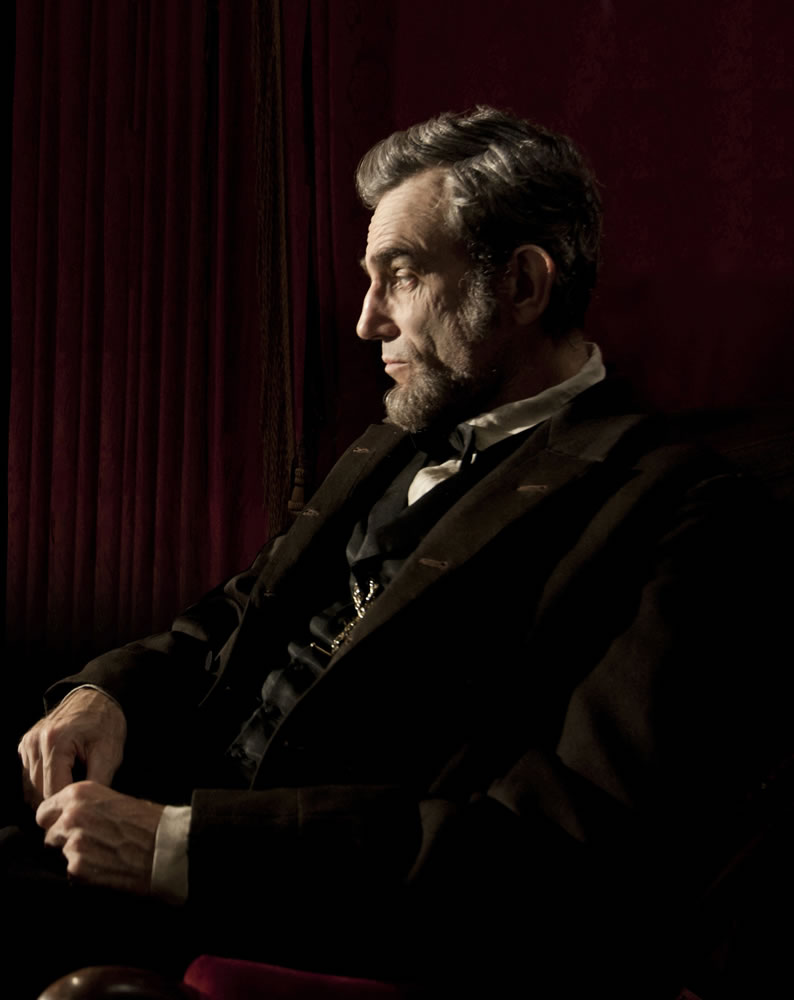That prologue makes clear the context of fear and revenge that led to the “enhanced interrogation techniques” of the United States’ early detainee program. But those techniques also become the context themselves in “Zero Dark Thirty,” in which torture is portrayed as a brutal and ultimately futile piece of an operation that spanned several years, two administrations, vigorous policy debates and multiple methods. Indeed it’s those other methods — bribery, bluffing, data mining, cell phone tracking, image analysis, old-fashioned hunches – that are shown to be most effective in “Zero Dark Thirty.” If anything, rather than portray torture as some kind of silver bullet, the film shows its grievous practical and psychic costs, in the form of fatal setbacks, wasted time and its demoralizing toll on prisoners, practitioners and, more obliquely, American ideals.
Like “Lincoln” and “Argo,” “Zero Dark Thirty” delivers an improbable ode to process — in the CIA’s case, one that is messy as it is meticulous, often misguided and, by the film’s powerful final scene, morally unresolved. There’s no spiking the ball in “Zero Dark Thirty,” which never demonizes its protagonists but doesn’t present them as unalloyed heroes, either. Like a mirror image of the era it depicts, “Zero Dark Thirty” has been subject to multiple, often contradictory, interpretations, with some seeing it as pure propaganda and others see it as a far more ambiguous portrayal of ends, means and indeterminate outcomes.
That “Zero Dark Thirty” is open to such radically disparate interpretations is a testament Bigelow’s command of a vast cinematic canvas, one that’s spontaneously dense and porous, allowing the audience to live inside the dizzyingly complex world she creates, and emerge with its own conclusions and, just as often, unanswered questions.
Bigelow’s faith in the sophistication of her audience is inspiring, even if, in the case of her most hysterical detractors — not to mention the Academy voters who snubbed her this year — it hasn’t always been earned. But she knows that, regardless of how many Oscars “Zero Dark Thirty” earns next month, it’s ultimately viewers who will accept or reject it — as art, entertainment or a meaningful cultural touchstone. In order to make those distinctions, it’s necessary to watch the film actively and critically, immersed in its riveting simulacrum of recent history, but alert to the fact that it’s not a literal re-creation, let alone endorsement, of the events it’s dramatizing.



